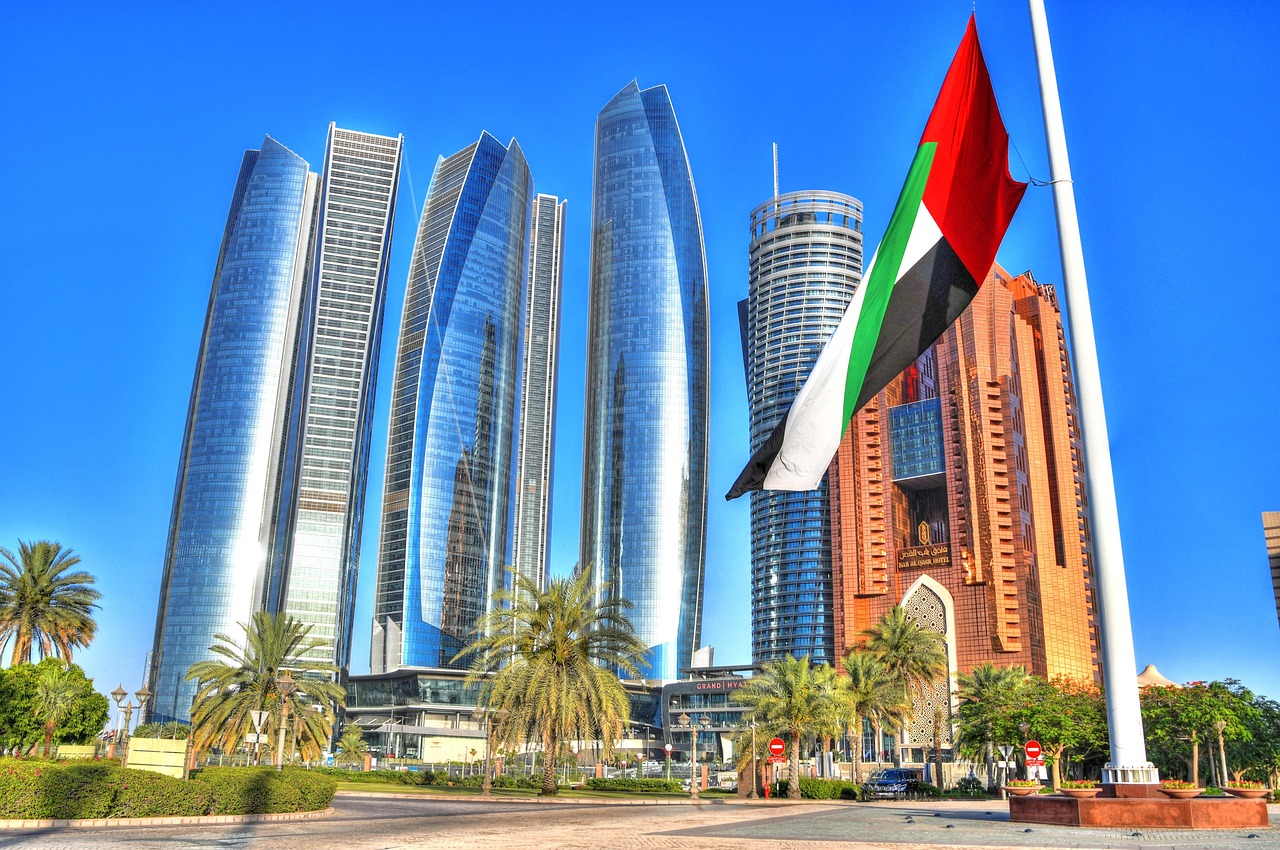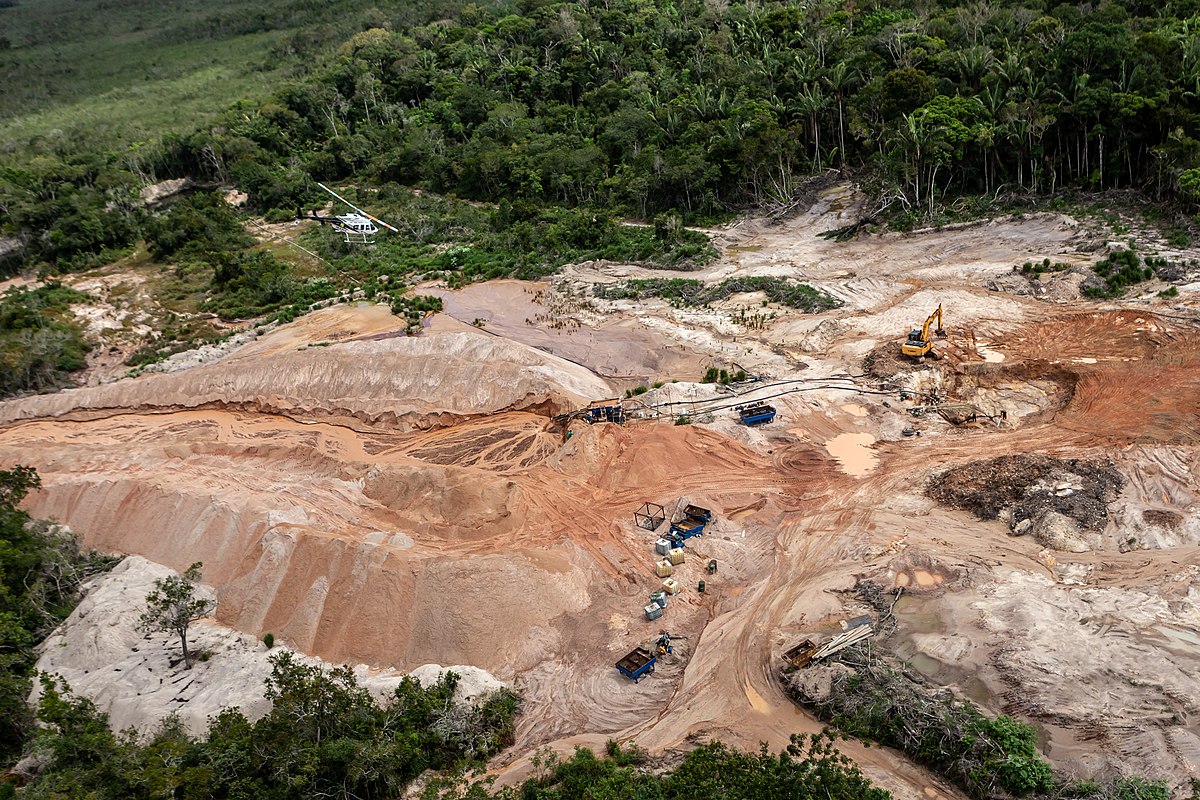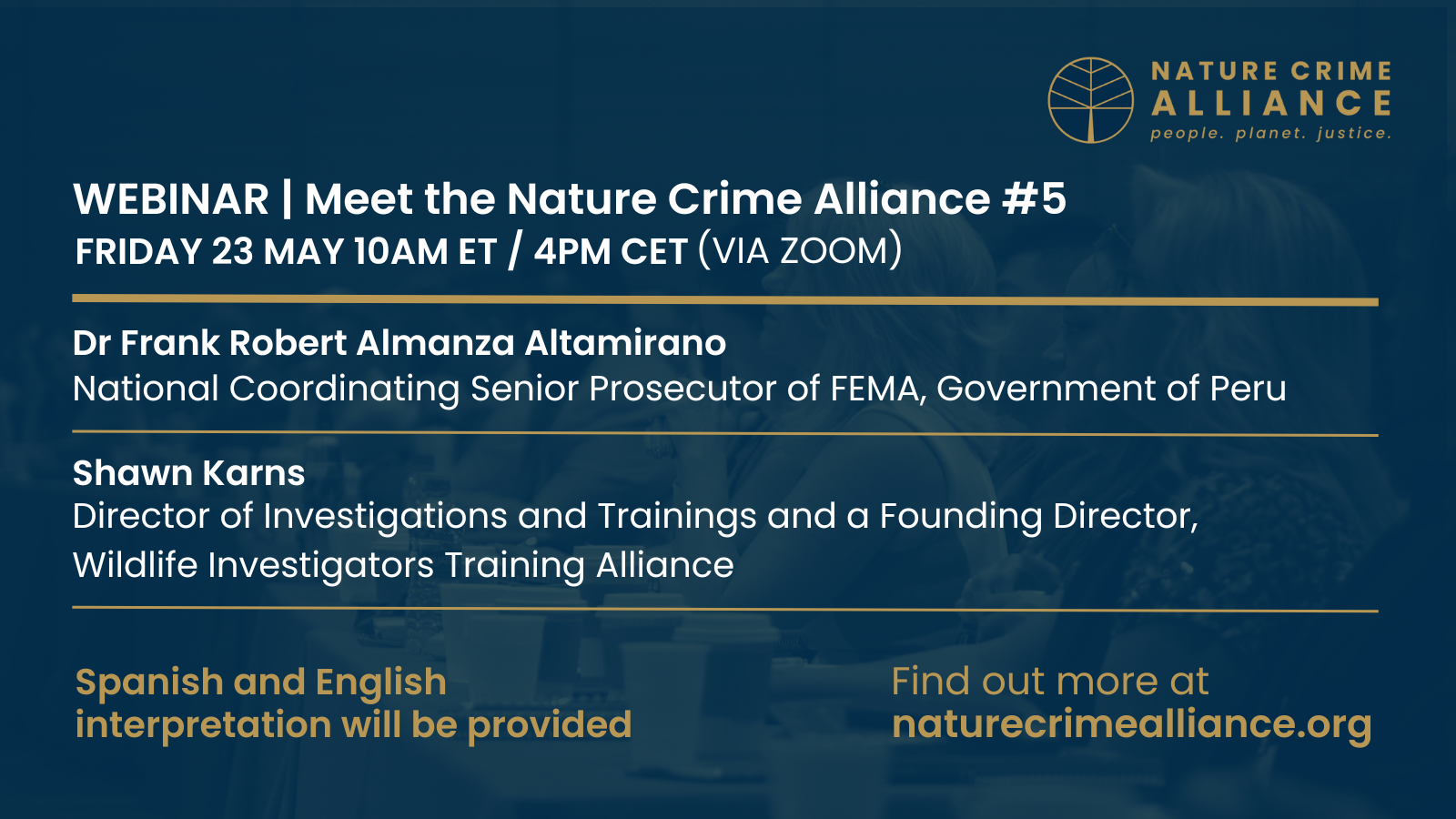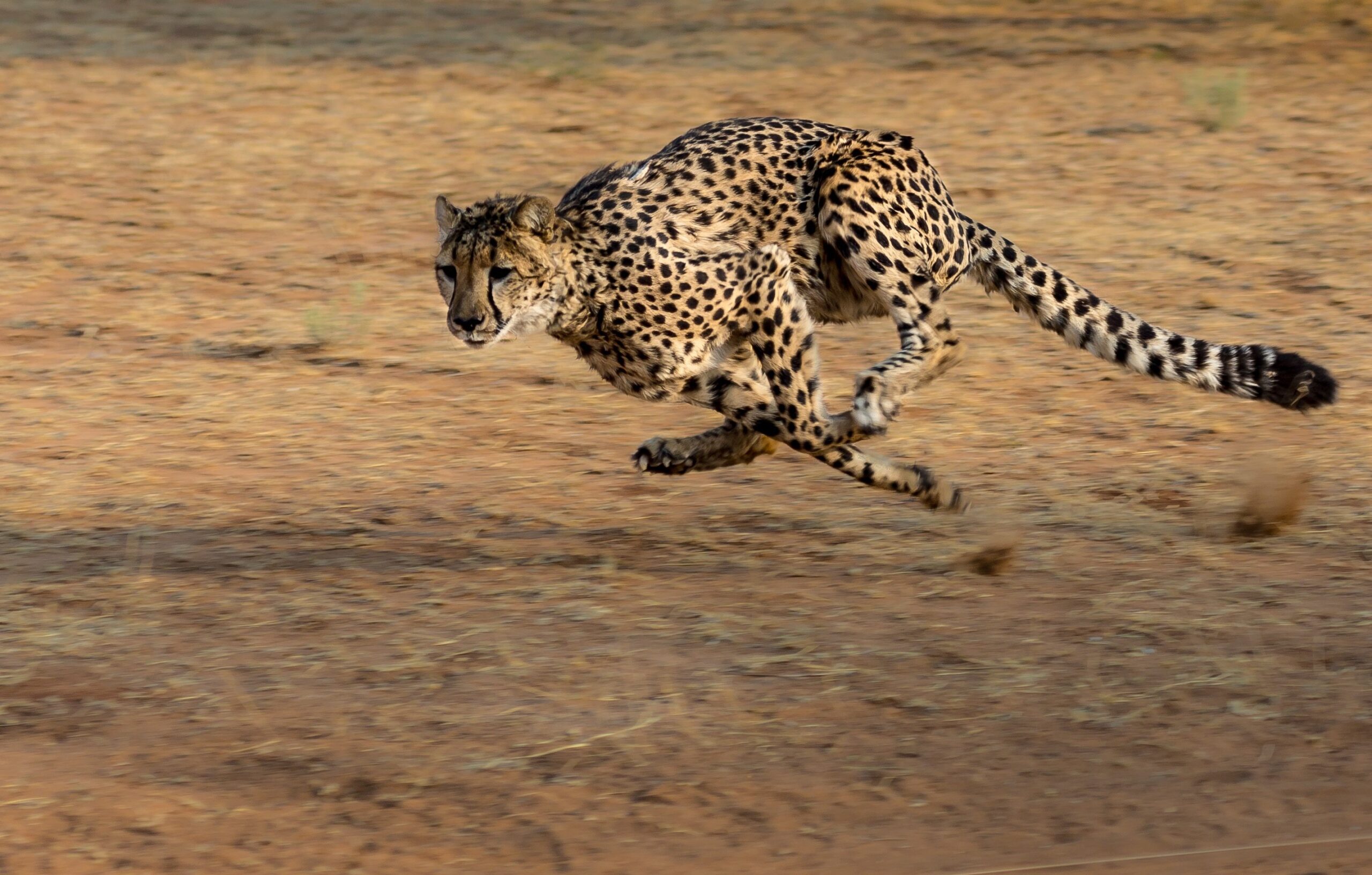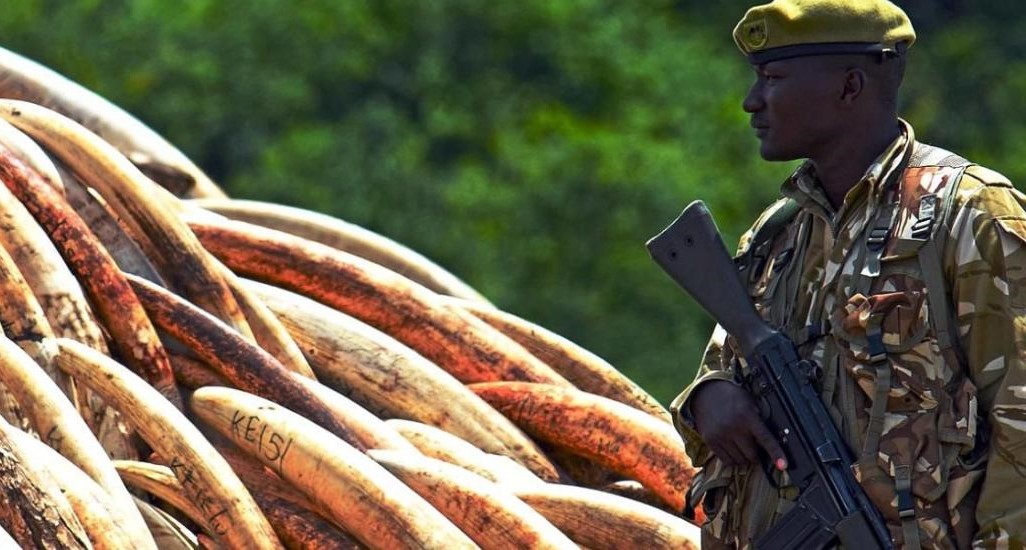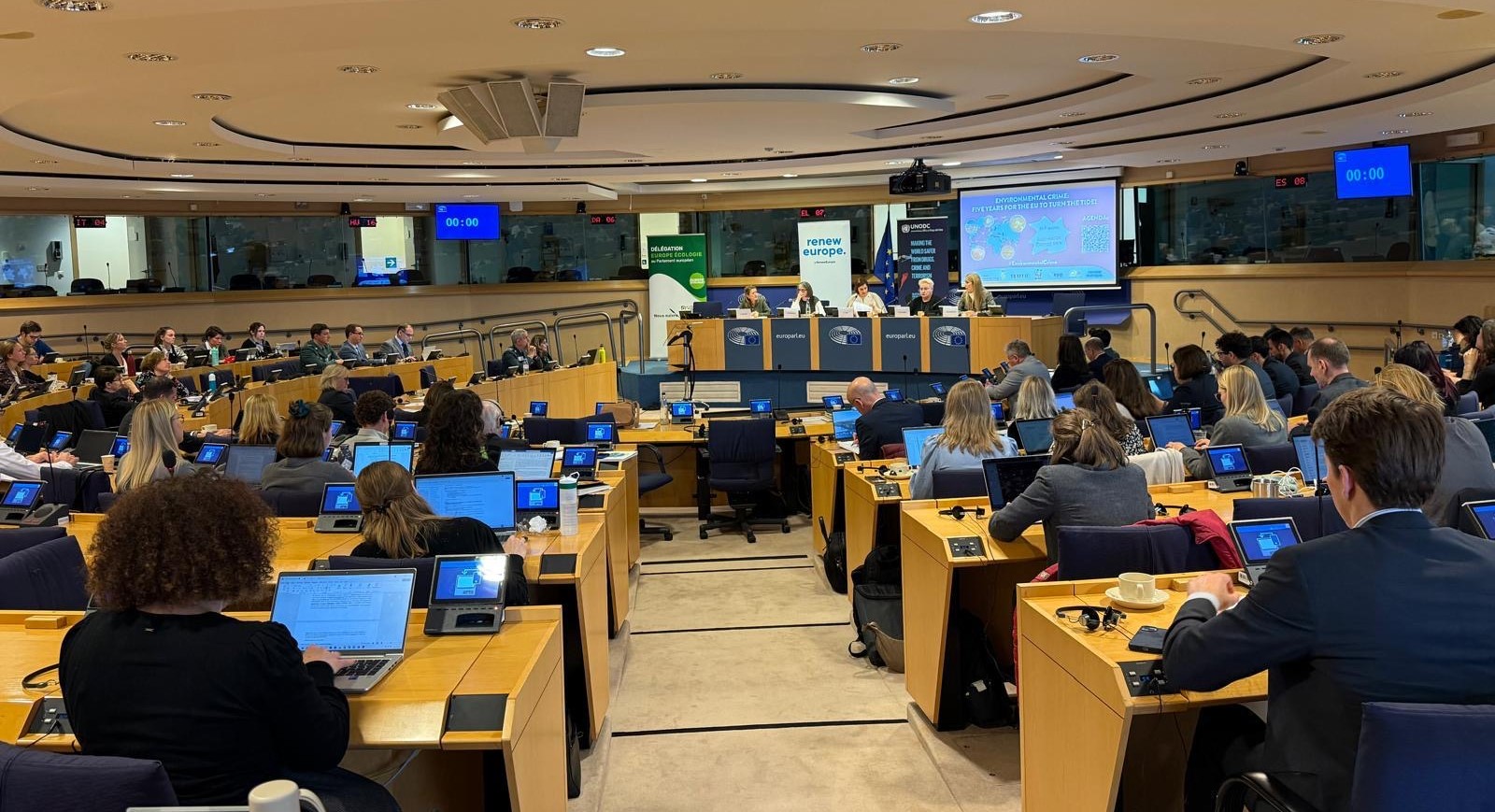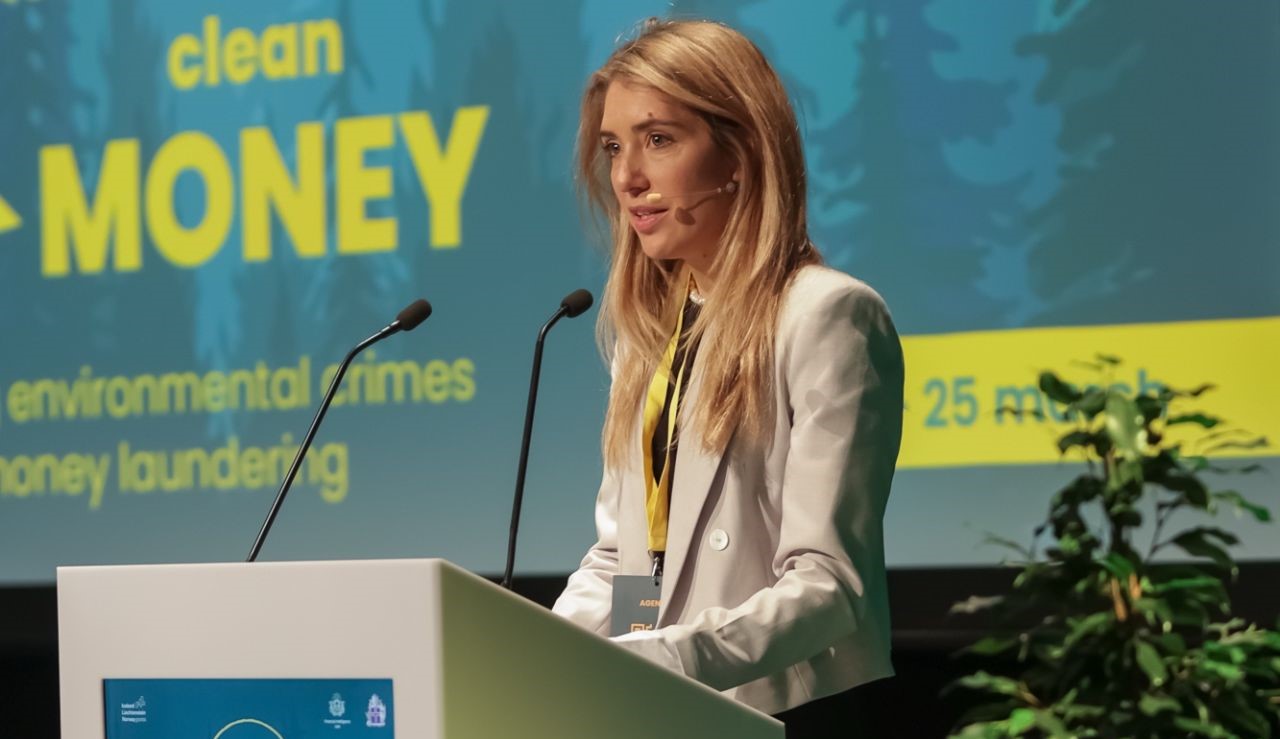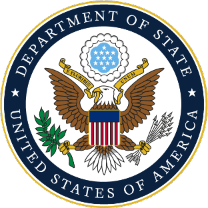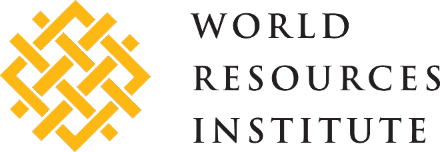Author: Luke Foddy
Nature crime at the IUCN World Conservation Congress
Ahead of the IUCN World Conservation Congress (Abu Dhabi, October 2025), the Nature Crime Alliance Secretariat is working with members to get environmental crime on the agenda.
Motion resolution
A draft IUCN motion on nature crime was submitted by Alliance members World Resources Institute (WRI), Wildlife Conservation Society (WCS), and the National Whistleblower Center (NWC), coordinated by the Secretariat.
This proposal has been merged with a complementary motion submitted by France and the International Council of Environmental Law (ICEL) focused on strengthening international cooperation and technical assistance to prevent and combat environmental crimes. The result is a unified motion on ‘Crimes That Affect the Environment’, crafted to ensure coherence, avoid duplication, and elevate IUCN’s positioning on this critical issue.
The motion has already received strong support during the online discussion. When adopted by IUCN Members, it will serve as a meaningful contribution, help guide the work and policies of IUCN, and be a potential model for a resolution at the UN World Crime Congress, which will also take place in Abu Dhabi, in April 2026.
Thematic session on nature crime
There will also be a thematic session on nature crime during the Congress. Submitted by WRI, WCS, and NWC, the session is one of 75 selected from more than 1,000 submissions, and will take place on Saturday 11 October at 11am-12:30pm.
The thematic session ensures that nature crime will receive the high-level visibility and attention it deserves during the Congress.
Thanks to the leadership of its members and the collective strength of the Alliance, including members of IUCN, nature crime is gaining critical momentum within IUCN, keeping the issue firmly on the global conservation agenda.
For more information, please contact Elodie Perrat, Senior Government Engagement Manager, at elodie.perrat@wri.org
Analysis: Organised crime in the Amazon
In a new WRI Insights article, Dr Charles Barber, Director of the Nature Crime Alliance, shares analysis on the overlooked role of nature crime as a driver of deforestation in the Amazon.
The 2024 spike in Amazon forest loss, highlighted by World Resources Institute’s Global Forest Watch platform, was due in large part to one of the worst fire seasons on record. But what’s often missed is the fact that recent fires in tropical primary forests are by no means a “natural” disaster. Rather, the conflagration represents a perfect storm of climate change-induced environmental conditions, governance failures and unchecked, organized criminality.
A recent survey of government data concluded that 91% of forest loss in the Brazilian Amazon is linked to illegal activity like land-clearing for agriculture and artisanal mining, often orchestrated by well-structured international criminal enterprises.
Writing for WRI Insights, Dr Charles Barber, Director of Natural Resources Governance and Policy at WRI, which hosts the Nature Crime Alliance, explores crime in the Amazon and its environmental impact.
The article highlights:
- How criminal infrastructure built principally for cocaine is increasingly facilitating illegal deforestation, timber trafficking and illegal gold mining, via control of transport routes, corruption and intimidation of local authorities and communities, as well as the fear of violence.
- The targeting of Indigenous territories by organised crime groups and the impact on deforestation (see graphic below)
- Strategies for tackling nature crime and its convergence with other criminality in the Amazon.
WATCH: Meet the Nature Crime Alliance #5
The challenge of nature crime in Peru and the different approaches to tackling wildlife crime in Africa were explored during the fifth edition of the Meet the Nature Crime Alliance webinar series.
Deforestation and illegal mining in Peru
Dr Frank Robert Almanza Altamirano, National Coordinating Senior Prosecutor at the Specialized Environmental Prosecutor’s Office, Government of Peru, joined the session to discuss how types of nature crime are threatening Peru’s rich biodiversity.
Speaking with Ruth Nogueron, Senior Associate in the Forest Program at World Resources Institute, Dr Almanza highlighted illegal deforestation and timber trafficking as key challenges, alongside illegal gold mining. The increase in the value of gold has driven a rise in informal and illegal mining in Peru, Dr Almanza said. These mining activities also have a devastating impact on forests.
The prosecutor also outlined the policy approaches that are needed, such as legislation to close legal loopholes used by criminals to plunder nature. Dr Almanza also highlighted how aspects of political power can present a challenge to prosecuting nature crime cases.
Tackling wildlife crime in Africa
The network also heard from Shawn Karns, a Founding Director of the Wildlife Investigators Training Alliance (WITA), where he also serves as Director of Investigations and Trainings.
Shawn gave an overview of the state of wildlife crime across Africa, and discussed WITA’s approach to tackling the issue – particularly its focus on value chains. WITA trains rangers and investigators together, not in isolation, in order to build connections, relationships and trust between the actors involved at different stages of wildlife crime prosecutions. This bolsters the “criminal justice value chain”, Shawn said.
The importance of putting pressure on the wider networks involved, rather than targeting just poachers, was also highlighted.
Shawn also spoke of the value of partnerships and collaboration – including initiatives like the Nature Crime Alliance – and the need to eradicate silos among stakeholders fighting wildlife crime.
Watch in full
These webinars serve as a platform to share knowledge and best practice among the Alliance network. By bringing actors from different sectors together, we can spark new ideas and foster opportunities for collaboration.
You can watch the session in full below (Spanish and English versions available).
English version
Versión en español
If your organisation is a member of the Nature Crime Alliance and you’d like to share insights with our network through this platform, please contact luke.foddy@wri.org
Webinar: Meet the Nature Crime Alliance #5
FRIDAY 23 MAY | 10AM ET / 3PM UK / 4PM CET
The latest edition of the ‘Meet the Nature Crime Alliance’ webinar series will feature insights from the Government of Peru and the Wildlife Investigators Training Alliance (WITA).
Dr Frank Robert Almanza Altamirano, National Coordinating Senior Prosecutor of FEMA, Government of Peru, will discuss Peru’s national efforts to counter nature crime.
Shawn Karns, Director of Investigations and Trainings and a Founding Director of WITA, will highlight the organisation’s crucial work in countering wildlife crime across Africa.
These sessions serve as a platform to share knowledge and best practice among the Alliance network. Spanish and English interpretation will be available.
For more information, contact Luke Foddy: luke.foddy@wri.org
News from the Nature Crime Alliance, April 2025
New resources to support the fight against nature crime
A set of new resources created by the Nature Crime Alliance Secretariat aims to support law enforcement and civil society organisations working on crimes such as wildlife trafficking, land grabbing, and illegal forms of mining, logging, and fishing.

Developed through consultations and support from members of the Alliance, the resources include a new Wildlife Expert Directory that provides access to experts on specific species and ecosystems to support wildlife crime investigations; an Index of Tools that offers an organised catalogue of the latest digital technologies, tools and datasets that can support efforts to counter nature crime; and a Knowledge Database that brings the latest research, reports and insights on nature crime together in one place, providing a wealth of information at the click of a button. The database will be of particular use to those working in the policy, investigations, and research spaces.
Read morePeople, Planet, Justice: Understanding and Countering Nature Crime
Dr Charles ‘Chip’ Barber, Director of the Nature Crime Alliance, has written a World Resources Institute (WRI) Insights article that highlights the impact of nature crime, and sets out five key approaches that can bolster the global response to this challenge. The article distills the findings of a new WRI report that Chip has also authored.
Read the article View the reportWatch: Meet the Nature Crime Alliance webinar
The illicit trade in Myanmar teak and a new resource to tackle financial crime linked to environmental crime were some of the issues explored in the latest ‘Meet the Nature Crime Alliance’ webinar.
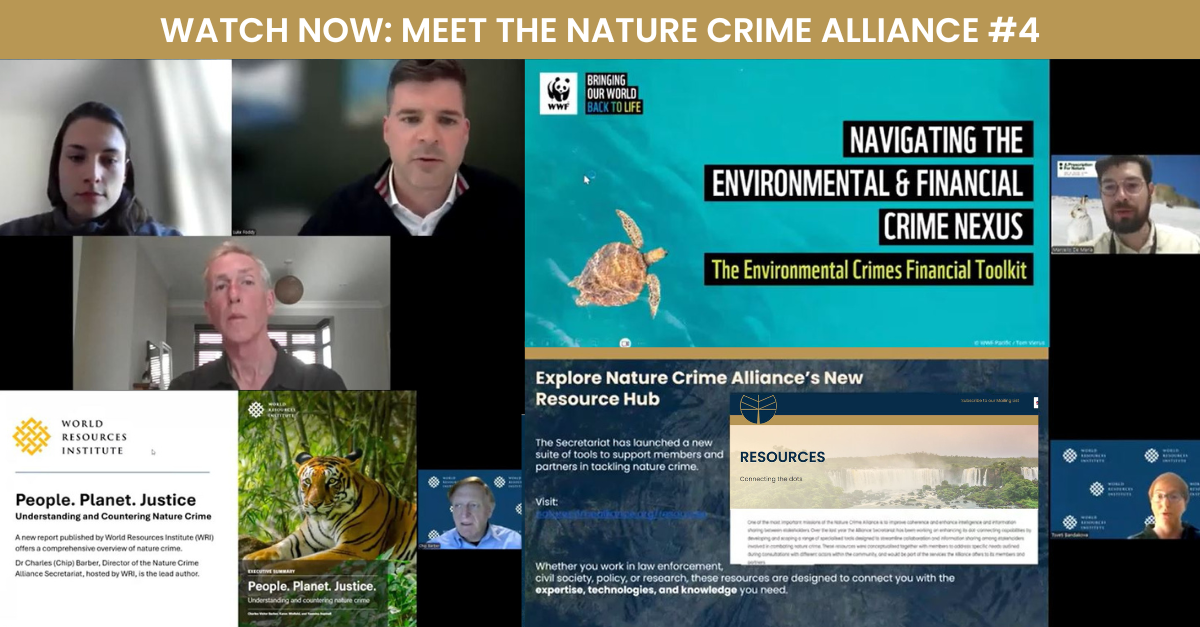
Marcello De Maria, Project Manager, WWF-UK, unpacked the recently-launched Environmental Crimes Financial Toolkit – an online platform that assists financial institutions in monitoring risks related to nature crimes such as illegal deforestation, land conversion, and wildlife trafficking. We also heard from Julian Newman and Kate Klikis from the Environmental Investigation Agency, who explored how Myanmar teak – a highly sought-after timber used for furniture and luxury yacht decking – continues to enter the US and EU markets despite measures to prevent this illegal trade.
Watch the webinarIndigenous Peoples knowledge exchange aims to empower frontline defenders
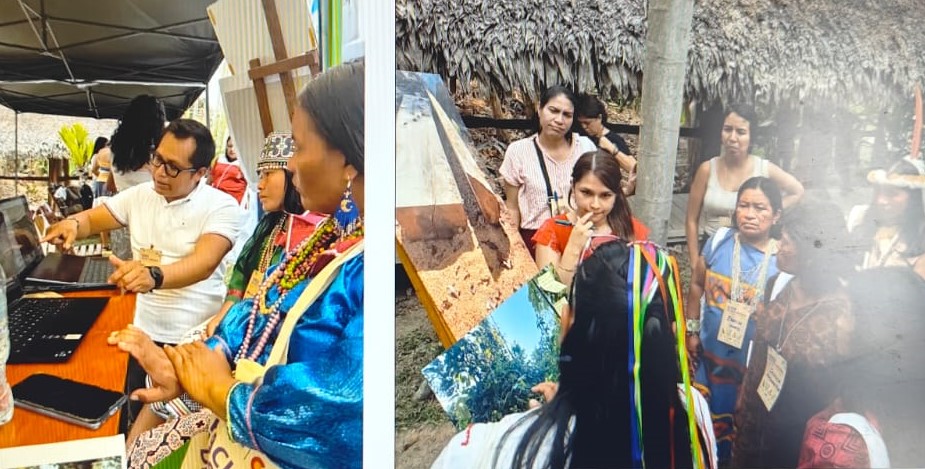
Forest monitoring technologies and the value of information networks were central to a recent Indigenous Peoples knowledge exchange, organised by the Nature Crime Alliance Secretariat. More than 20 representatives from 11 Indigenous Peoples organisations joined the session, aimed at supporting and empowering frontline defenders. It was convened as part of the Nature Crime Alliance’s Working Group for Indigenous People and Frontline Defenders, organised in partnership with Indigenous Peoples’ Rights International (IPRI).
Read moreAlliance Secretariat supports major conference on financial crime linked to nature crime
The Nature Crime Alliance Secretariat participated in a major summit aimed at furthering knowledge on environmental crime and related money laundering. Lynn Schlingemann, Senior Associate, Financial Crime and Corruption, Nature Crime Alliance, chaired the conference: ‘Clean Earth, Clean Money: Unmasking Environmental Crimes and Money Laundering’, which was organised by the Financial Intelligence Unit (FIU) of Latvia in partnership with the FIU of Iceland.
Read moreIUCN resolution motion on nature crime
The Alliance Secretariat has supported a group of members in pursuing a new omnibus resolution motion on nature crime ahead of the IUCN World Conservation Congress in October 2025. Led by WRI, with support from other Alliance members WCS and the National Whistleblower Center, the motion—if adopted—would be a pivotal step in elevating political will for stronger action against nature crime. The motion would also complement ongoing efforts to integrate nature crime as a core priority in the IUCN 2026-2029 programme of work and its 20-year vision. A wide range of Alliance members have been engaged at different levels of this process. For more information, please contact Elodie Perrat, Senior Government Engagement Manager, at: elodie.perrat@wri.org
Government officials briefed on wildlife crime
The Alliance Secretariat participated in a wildlife crime information session in New York aimed at policymakers working on this issue at the UN. Co-chaired by Germany and Gabon, with coordination by Wildlife Justice Commission, the session brought together wildlife crime experts to share insights on this critical issue. Ruth Nogueron, Senior Associate, WRI, represented the Secretariat in the meeting, which took place ahead of World Wildlife Day. Ruth emphasised how local communities are invaluable in the gathering of field intelligence, and shared a case study demonstrating the value of investigative journalism in tackling these crimes.
Read moreBuilding a Nature Crime Communications Network
Several Alliance members joined the first meeting of the ‘Building a Nature Crime Communications Network’, which took place on 24 March. Chaired by Andrew Marshall, Chief of Communications and Marketing at WRI, this network aims to improve coordination and collaboration among communicators working on this issue. The discussion covered members’ challenges when it comes to communicating on nature crime; tools and resources that could help overcome these challenges; and potential collaboration on campaigns. The group also discussed aligning on messaging ahead of key international meetings. For more information, please contact Luke Foddy, Communications Manager, at luke.foddy@wri.org
Raising awareness of nature crime at European fora
Lynn Schlingemann, Senior Associate, Financial Crime and Corruption, Nature Crime Alliance, spoke on a panel at the event, ‘Environmental Crime: Five years for the EU to turn the tide!’, held at the European Parliament in March. Lynn discussed ways for better leveraging public and private sector efforts to prevent environmental crime and promote sustainable economies. The event was organised by UNODC, TRAFFIC, WWF and the Spanish Guardia Civil. Lynn also participated in the Villars Summit in March, and joined a workshop on the illegal wildlife trade convened by the Royal Foundation and Villars Institute.
Read moreNews from the Alliance
UNICRI report highlights illicit mining challenge in Southeast Asia
The UN Interregional Crime and Justice Research Institute (UNICRI) has published new research on illicit mining activities in Southeast Asia. The report, ‘Crimes Associated with Critical Minerals in Southeast Asia: Trends, Challenges and Solutions’, highlights how the growing demand for minerals such as nickel, tin, rare earth elements, and cobalt is creating opportunities for organised crime. These threats are compounded by insufficient traceability mechanisms, legal and institutional gaps, and limited enforcement capacity. The report calls for enhanced financial investigations, increased support for law enforcement, and expanded research to address this evolving threat landscape. Read more
Washington Post spotlights Earth League International’s investigations into jaguar trafficking
The work of Earth League International in tackling the smuggling of jaguar parts in Suriname has been showcased in a Washington Post feature. The article highlights the convergence of wildlife crime with narcotics trafficking, including fentanyl, and includes insights from ELI Founder, Andrea Crosta. Read more
Surging gold price is fueling environmental crime and violence in Colombia, FACT Coalition analysis shows
A new article from FACT Coalition demonstrates the link between soaring global gold prices and security challenges in Colombia. The analysis highlights how the global surge in gold prices not only drives illegal mining but also underscores the broader challenge of illicit finance fueling conflict, and presents security risks to other countries, including the US. Read more
Lilongwe Wildlife Trust featured in Nat Geo Wild series
The Lilongwe Wildlife Trust‘s conservation efforts are the focus of the second season of ‘Malawi Wildlife Rescue’, which is now airing on Nat Geo Wild. The series, which is filmed at Lilongwe Wildlife Centre, follows the Trust’s work to protect wildlife in the country. Read more
Tackling Crime Convergence: The Amazon Challenge
Several Alliance members are participating in a plenary session on 29 April which will focus on environmental crimes in the Amazon, and how they are interconnected with other forms of serious organised crime. Convened by the Countering Environmental Corruption Practitioners Forum, the session will feature experts from TRAFFIC, Igarapé Institute, the Basel Institute on Governance, and WWF Brazil. Read more
Missed our last newsletter? Read it here
New resources launched to support the fight against nature crime
A set of new resources aimed at supporting efforts to tackle nature crime has been launched.
The resources, created by the Nature Crime Alliance Secretariat, aim to meet the needs of law enforcement and civil society organisations working on crimes such as wildlife trafficking, land grabbing, and illegal forms of mining, logging, and fishing.
Developed through consultations and support from members of the Alliance, the resources include:
Wildlife Expert Directory
This resource, part of which is designed specifically for law enforcement professionals, provides access to experts on specific species and ecosystems to support wildlife crime investigations. Law enforcement operatives often face challenges in investigating wildlife trafficking due to lack of information on the fauna and flora involved. This curated resource addresses this challenge. The Directory also has a separate tier of access for non-law enforcement stakeholders.
Additional insights from the Wildlife Crime Working Group convened by INTERPOL, alongside the Wildlife Investigators Training Alliance (WITA) and IFAW – all members of the Nature Crime Alliance – also informed the development of the Wildlife Expert Database.
Access to the directory is approved by the Alliance Secretariat and can be requested here.
Index of Tools
Innovative tools and technologies are playing a key role in fighting nature crime, from providing intelligence to supporting frontline defenders, including Indigenous Peoples and local communities. This resource offers a well-organised catalogue of the latest digital technologies, tools and datasets existing in the field. It currently lists and provides links to more than 80 monitoring and tracking tools, indices, dashboards and platforms.
Alongside serving as an information source about available solutions, it is hoped that the index will also highlight existing technological gaps and increase collaboration in the development of new tools. Access the Index of Tools here.
Knowledge Database
Given the evolving nature of environmental crimes, there is an ongoing need for actors working in this field to have access to latest information and analysis on these crimes. The knowledge database brings relevant research, reports and insights together in one place, providing a wealth of information on nature crime at the click of a button. It will be of particular use to those working in the policy, investigations, and research spaces. Browse the Knowledge Database here.
Meeting members’ needs
Tsveti Bandakova, Programme Manager for the Nature Crime Alliance, commented: “These resources have been developed in direct response to practitioners’ needs, which have been shared with us through the Nature Crime Alliance network.
“From customs officials seeking information about live animals that have been seized, to community initiatives looking to bolster their capacity through monitoring technologies, these resources connect those on the frontlines with the tools and expertise that can support them. We are grateful to the members who supported us in developing these resources.”
One such member is the Wildlife Investigators Training Alliance, who supported the development of the Wildlife Expert Database.
Shawn Karns, Director of Investigations and Trainings and a Founding Director of WITA, said: “These resources will provide both government and civil society partners with the opportunity to engage and connect with vetted investigative practitioners and organisations with proven, real-life experience in combatting transnational crimes that impact the world’s natural resources.
“The Wildlife Investigators Training Alliance is honored to collaborate with the Nature Crime Alliance in developing the wildlife expert database, which also draws on the expertise of the Interpol Wildlife Crime Working Group.”
The resources are now live and can be found at naturecrimealliance.org/resources
WATCH: Meet the Nature Crime Alliance #4
The illicit trade in Myanmar teak and a new resource to tackle financial crime linked to environmental crime were some of the issues explored in the latest ‘Meet the Nature Crime Alliance’ webinar.
Marcello De Maria, Project Manager, WWF-UK, unpacked the recently-launched Environmental Crimes Financial Toolkit – an online platform that assists financial institutions in monitoring risks related to nature crimes such as illegal deforestation, land conversion, and wildlife trafficking.
Julian Newman, Campaigns Director, and Kate Klikis, Forests Campaigner, Environmental Investigation Agency, highlighted how Myanmar teak – a highly sought-after timber used for furniture and luxury yacht decking – continues to enter the US and EU markets despite measures to prevent this illegal trade.
And Tsveti Bandakova, Programme Manager, Nature Crime Alliance Secretariat, provided a preview of a new suite of resources that have been developed by the Alliance team to support members’ activities in tackling nature crime.
The session also heard from Charles ‘Chip’ Barber, Director of the Nature Crime Alliance, who shared highlights from a new World Resources Institute report he has co-authored: ‘People, Planet, Justice: Understanding and Countering Nature Crime‘.
Learn more about our members’ work
If you’d like to find out more about the work showcased during the webinar, you can contact the speakers directly:
Marcello De Maria: If you’d like to learn more about WWF’s Environmental Crime Financial Toolkit, please contact Marcello at: MDeMaria@wwf.org.uk
Julian Newman and Kate Klikis: To find out more about the Environmental Investigation Agency’s work on Myanmar teak, please contact Julian at: JulianNewman@eia-international.org or Kate at: katarinaklikis@eia-international.org
The video they included in their presentation can be viewed here.
Tsveti Bandakova: To learn more about the resources developed by the Nature Crime Alliance Secretariat, please email Tsveti at: tsvetilena.bandakova@wri.org
Chip Barber: Chip also authored a WRI Insights piece here, which distills key aspects of the report. You can contact Chip at charles.barber@wri.org
Join a future webinar!
If you’re a member of the Nature Crime Alliance and would like to be profiled in a future webinar, please contact Luke Foddy: luke.foddy@wri.org
Alliance Director Charles Barber authors new report on nature crime
Dr Charles ‘Chip’ Barber, Director of the Nature Crime Alliance, has authored a new report published by World Resources Institute (WRI).
‘People, Planet, Justice: Understanding and Countering Nature Crime’ provides analysis on how these crimes work; their convergences with other forms of serious organized crime including financial crimes and human rights violations; and offers recommendations to support the global response to this challenge.
Based on three years of research, 150 expert interviews, and hundreds of studies, the report covers five major types of nature crime and lays out:
- Analysis of how these nature crimes operate and connect to other organized crimes like financial crime, corruption, narcotics and human rights abuses.
- Insights into how natural resources are largely taken from developing countries and the ocean while profits often flow to developed nations and elites.
- Solutions to disrupt these crimes — from stronger laws and enforcement to empowering Indigenous Peoples and local communities, and harnessing new technologies.
Barber also wrote a WRI Insights article that outlines five key approaches that can bolster the global response to nature crime, which distills some of the key takeaways from the report.
Raising awareness of nature crime at European fora
The Nature Crime Alliance Secretariat has continued to support efforts to raise political will to fight nature crime, engaging with a range of governments, donors and industry experts.
Lynn Schlingemann, Senior Associate Financial Crime and Corruption, Nature Crime Alliance, spoke on a panel at the event, ‘Environmental Crime: Five years for the EU to turn the tide!’, held at the European Parliament on 26 March. Lynn discussed ways for better leveraging public and private sector efforts to prevent environmental crime and promote sustainable economies.
The event was organised by UNODC, TRAFFIC, WWF and the Spanish Guardia Civil, and was hosted by key European policymakers Sirpa Pietikäinen (Finland), Marie Toussaint (France) and Michal Wiezik (Slovakia).
The session highlighted the urgency of tackling environmental crime, the sophisticated criminal networks behind it, and necessary actions for stakeholders. Discussions covered the EU’s policy, trade, security, and financial responses, emphasising the effective implementation of the Environmental Crime Directive, the prioritisation of environmental crime in EMPACT, and funding opportunities under the next EU budget.
Villars Summit
Schlingemann also participated in the Villars Summit in March, and joined a workshop on the illegal wildlife trade convened by the Royal Foundation and Villars Institute. The private workshop brought together 30 participants including leading experts, policymakers, and practitioners, from governments, donors, NGOs, academia, and think-tanks.
Schlingemann presented on ways for better addressing financial crimes related to environmental crimes, highlighting key takeaways from the Private Sector Dialogues on disruption of financial crimes related to crimes that affect the environment. She also focused on challenges associated with detecting financial flows linked to the illegal wildlife trade and the needs for developing tailored approaches.
Alliance Secretariat supports major conference on financial crime linked to nature crime
The Nature Crime Alliance Secretariat participated in a major summit aimed at furthering knowledge on environmental crime and related money laundering.
Lynn Schlingemann, Senior Associate, Financial Crime and Corruption, Nature Crime Alliance, chaired the conference: ‘Clean Earth, Clean Money: Unmasking Environmental Crimes and Money Laundering’, which was organised by the Financial Intelligence Unit (FIU) of Latvia in a partnership with the FIU of Iceland.
Schlingemann also supported the FIUs in preparing for the session, providing insights on speakers and programming – part of the Nature Crime Alliance’s mission to raise awareness of this critical issue.
The conference, which took place in Riga across 24 and 25 March, explored financial crimes linked to a range of offences including illegal deforestation, mining, fisheries, waste, and pollution crimes. Key regulatory frameworks relevant for the EU, such as the Environmental Crime Directive and EU Deforestation Regulation, were also discussed.
More than 180 participants from European FIU’s, local law enforcement, supervisory bodies, industry experts, and public and private sector representatives participated in the conference, alongside government representatives from Liechtenstein, Germany, Malta, Albania, Romania, Norway, Croatia, UK, US, Azerbaijan, Estonia, Monaco, Poland, Luxembourg, Vietnam, Kenya, Spain, India and Ghana.
Schlingemann commented: “Environmental crimes harm wildlife, poison ecosystems, and fuel the climate crisis. They also deprive countries of revenues, and fund cartels, militias and terrorist groups, threatening peace and security around the world. The illegal plundering of natural resources often takes place with impunity, with billions laundered annually through corporate crimes, undermining legal businesses.
“Through this unique conference, the Financial Intelligence Units of Latvia and Iceland are paving the way for multi-sector collaboration by bringing together law enforcement authorities and experts from the public and private sectors to explore ways to dismantle these crimes.”
Find out more about the Nature Crime Alliance’s work on financial crimes linked to nature crime.
